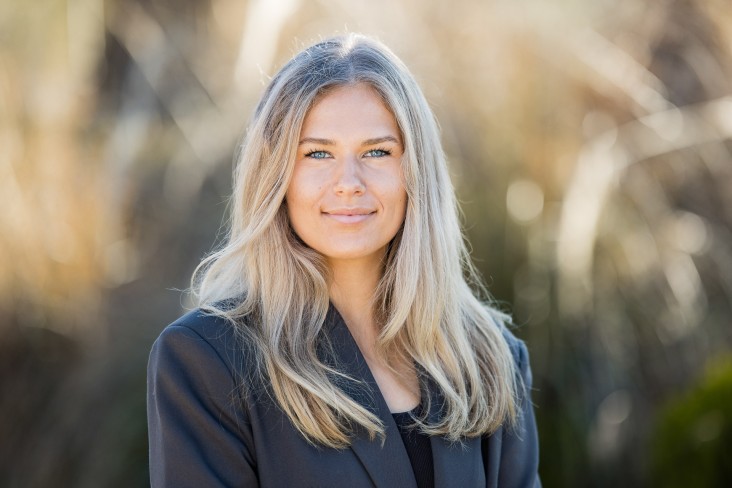Starting out as a Wills lawyer has opened my eyes to a reality that I hadn’t given much thought to as a healthy 26-year-old. Like many people my age, a Will was just not on my radar. I wasn’t planning on dying any time soon (I’m still not by the way) and I didn’t think I had enough assets to justify a Will.
The reality is that the law doesn’t care how much or how little you own, and death doesn’t care how old you are. In general, the law provides for something like the following:
- Everything to your partner if you have no children or living parents
- If you have children, then some to your partner and rest to your children
- If you have no children and living parents, then some to your partner and some to your parents
- If no partner and no children, then to your parents (there’s more, involving grandparents, aunties and uncles)
- At the end, if no family, it goes to the Crown
You might think, “I’m OK with that, why bother making a Will?” The issue isn’t just about who gets what, it’s about the legal and emotional mess you leave behind.
Here’s a taster of what happens if you die without a Will:
- Your grieving family is forced to apply to the court for Letters of Administration, to gain the right to access your estate.
- Someone will need to step up as the Administrator of your estate. If more than one person wants to do this, there could be dispute and resultant delay.
- The court process is expensive, slow, and legal fees will be payable by your estate, meaning your loved ones will receive less than they would have if there was a Will in place. Depending on what assets you have, legal costs could chew it all up.
- Distribution under the Administration Act (referred to above) means you have no say in who gets what. If you have a partner, it could result in your parents or siblings receiving nothing, when you really would have wanted them to receive something too (especially if family heirloom items are involved eg grandma’s rings).
By contrast, having a Will in place means that things are simpler, cheaper and far less stressful for the people you care about.
If you have a Will:
- Your family (or a lawyer acting for them) applies for Probate, which is much faster and more straightforward than Letters of Administration – and less costly.
- You decide who inherits what and how much.
- You choose who manages your estate. Not the court and not your relatives in the middle of a tough time.
- You reduce the risk of family conflict and financial and other stress.
You don’t need to be rich, own a home, or be near retirement to make a Will. If you own anything, a bank account, a KiwiSaver, a car, a pet, you have a reason to put your instructions and wishes in writing in a Will.
A Will gives you peace of mind and gives your family the clarity and support they’ll need when it matters most.
It’s not morbid, it’s smart and it’s kind.

